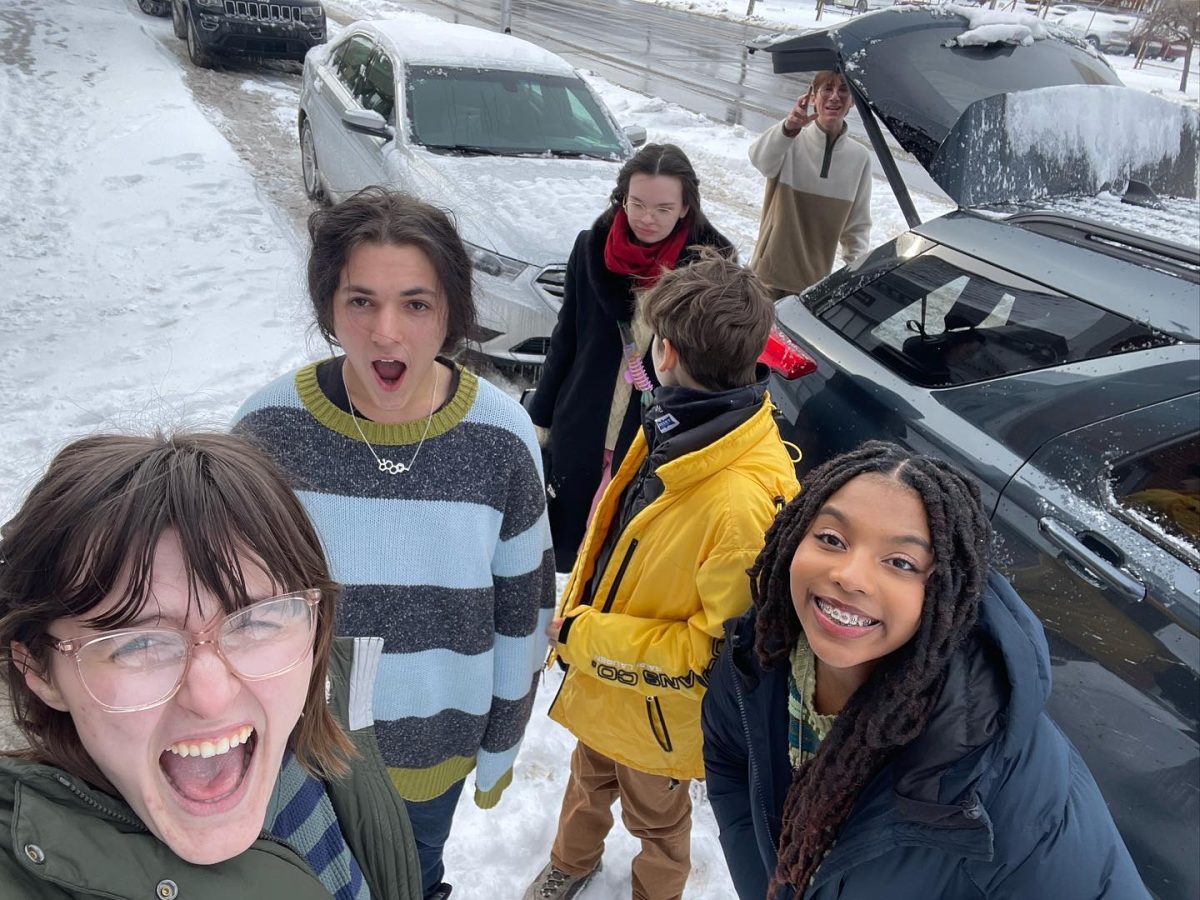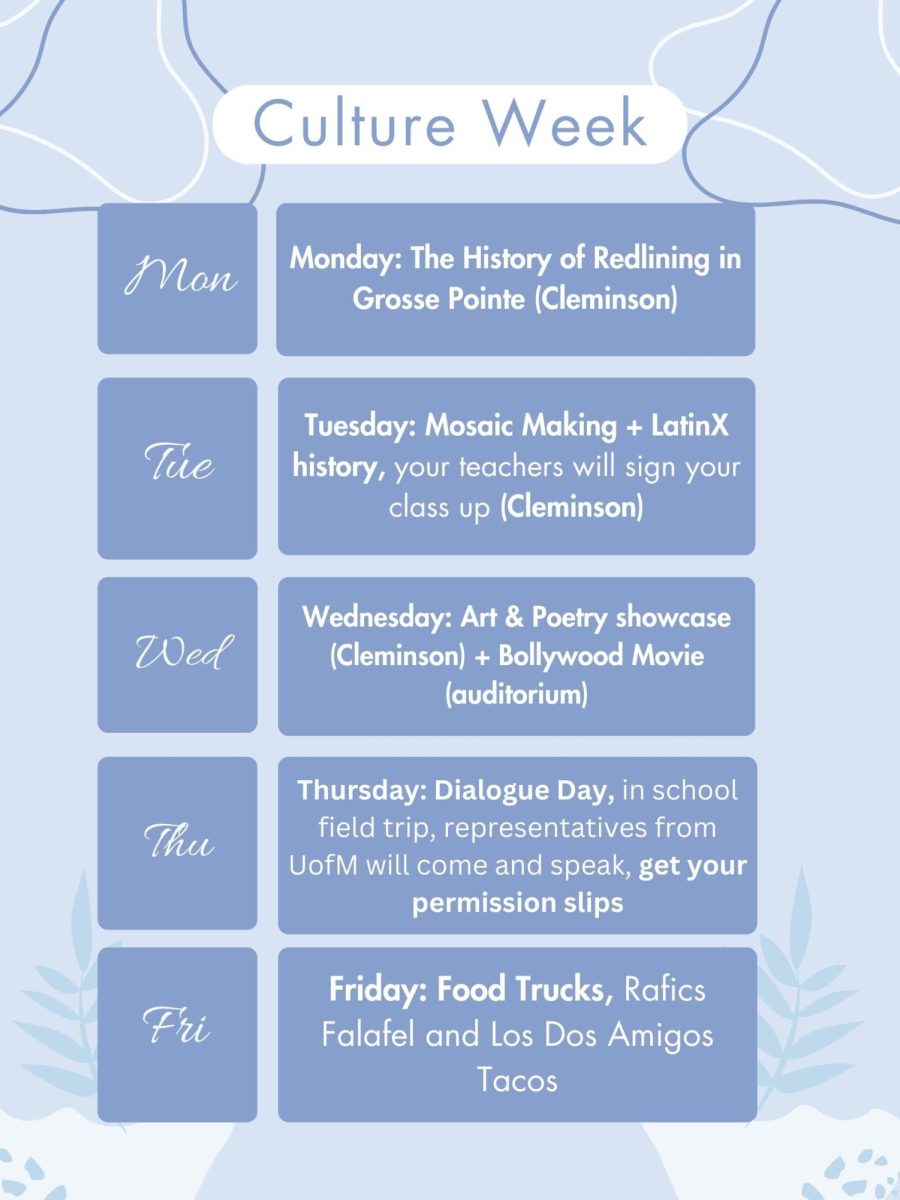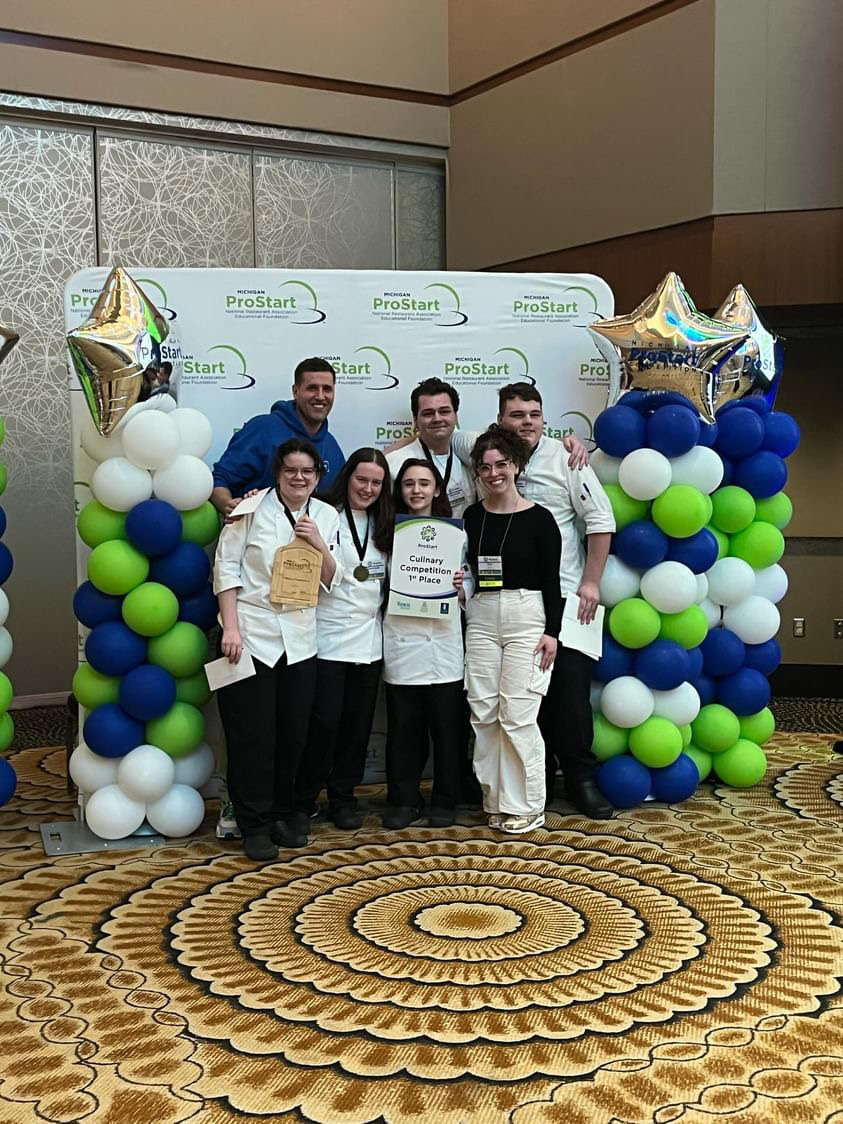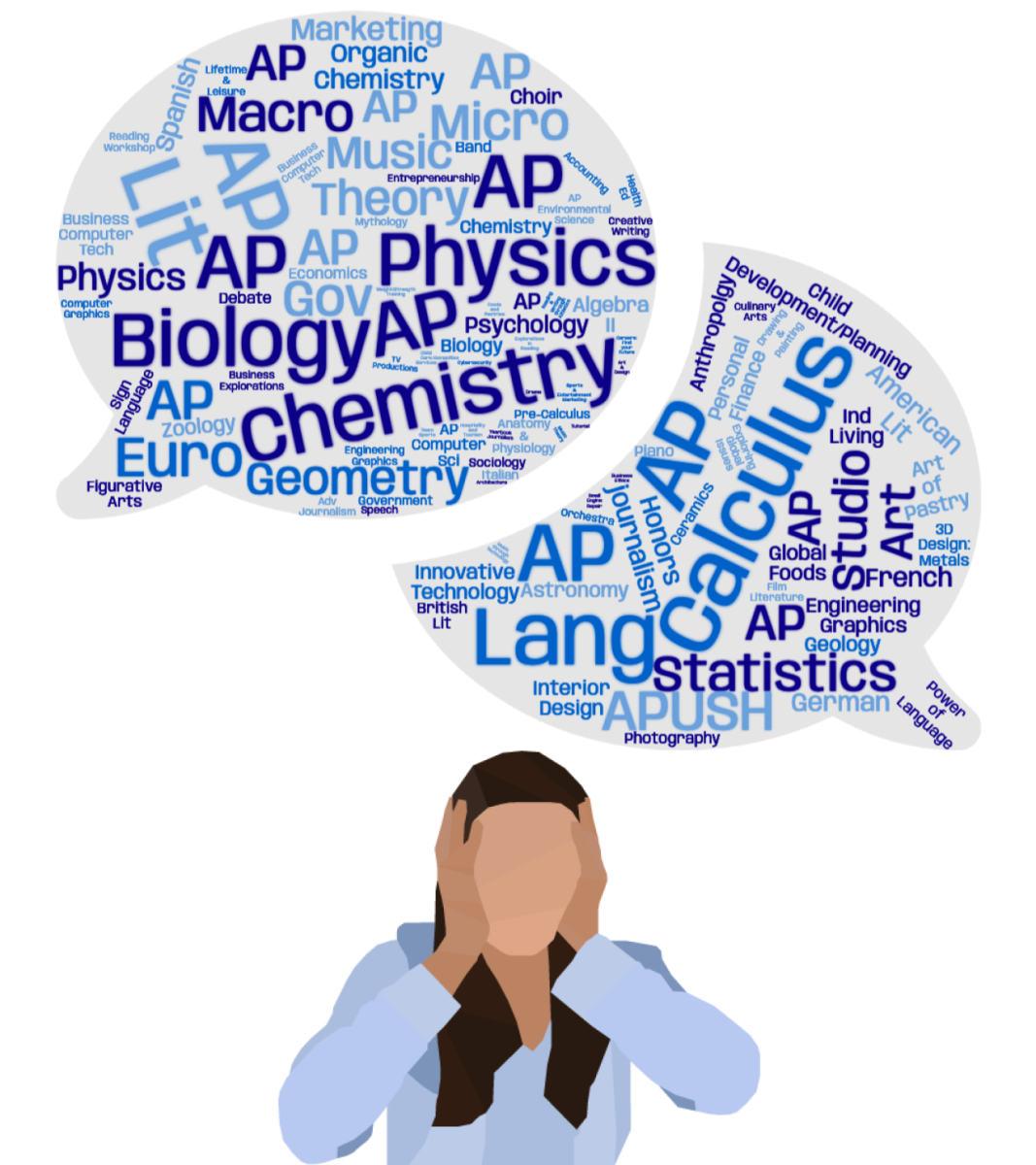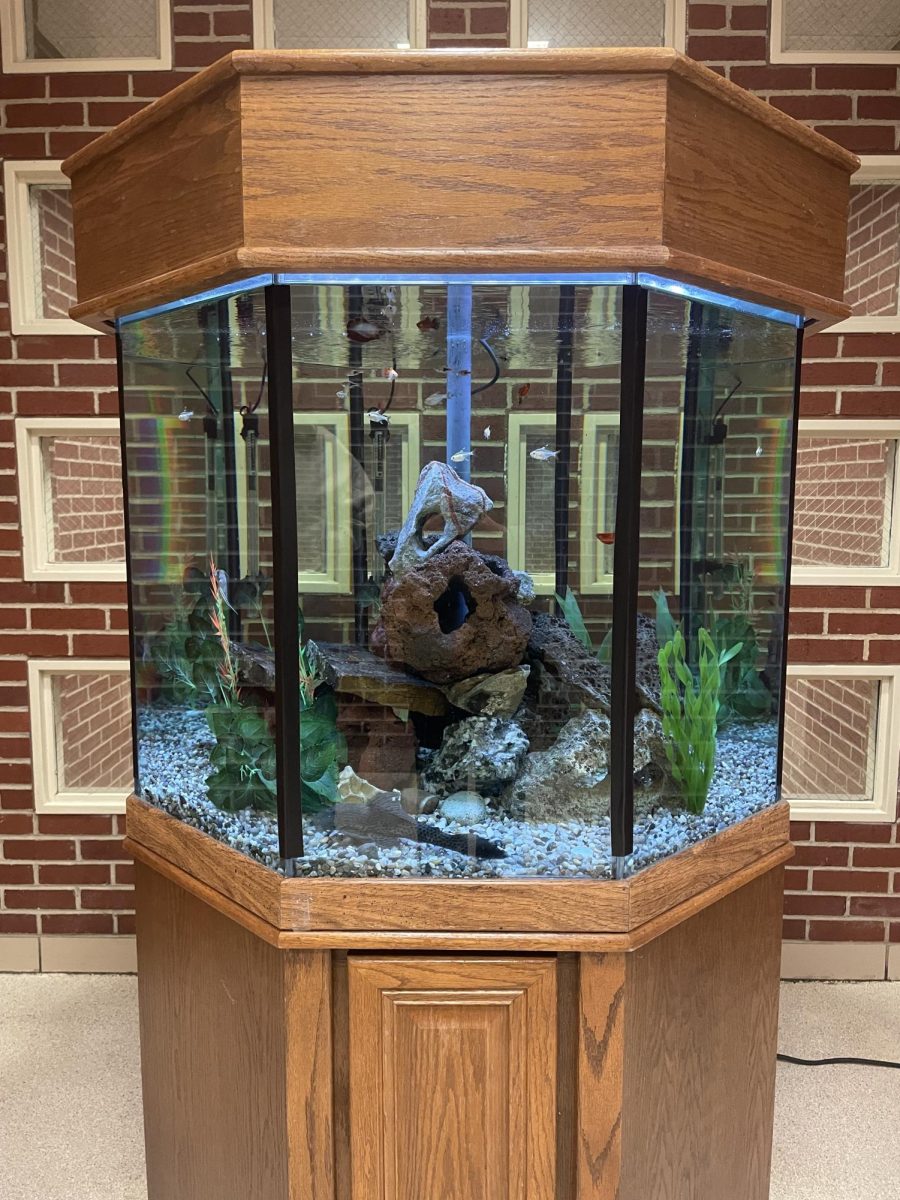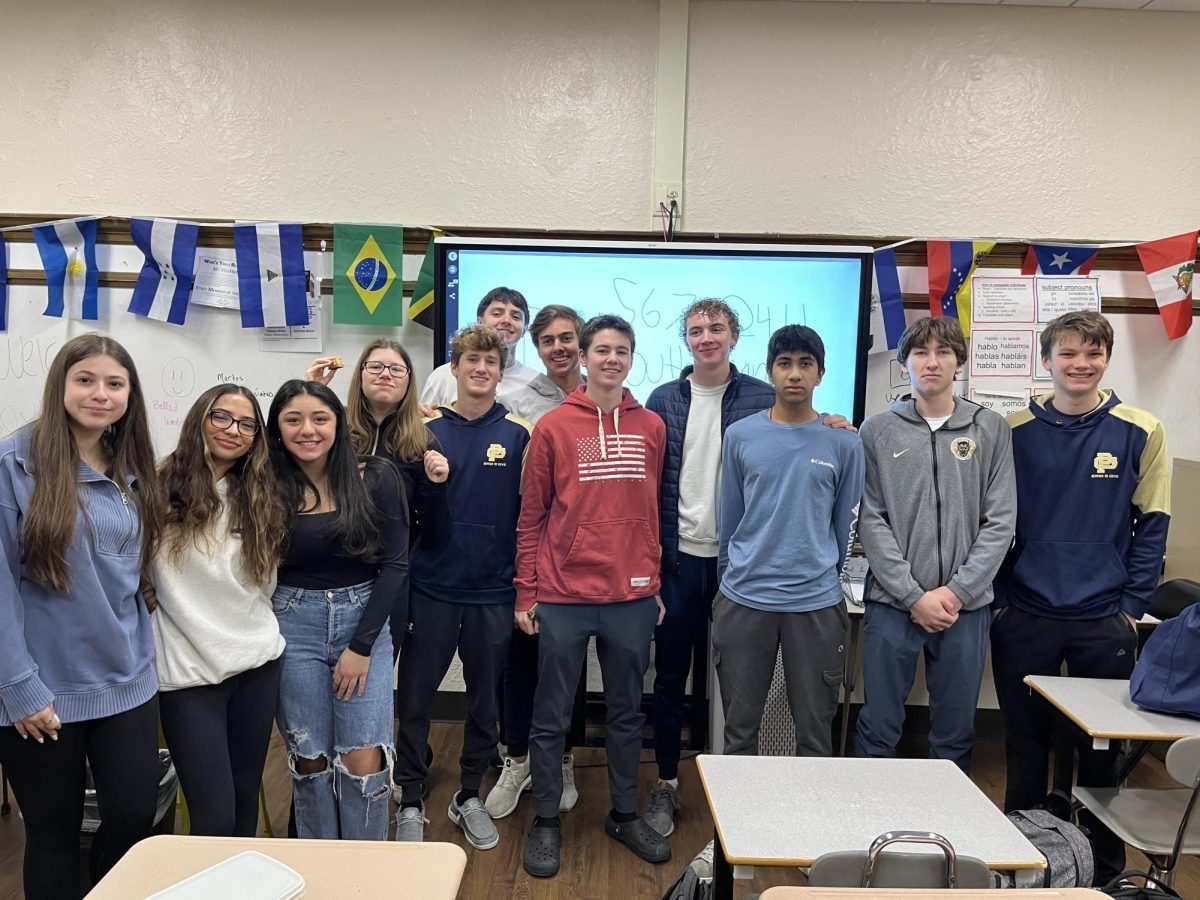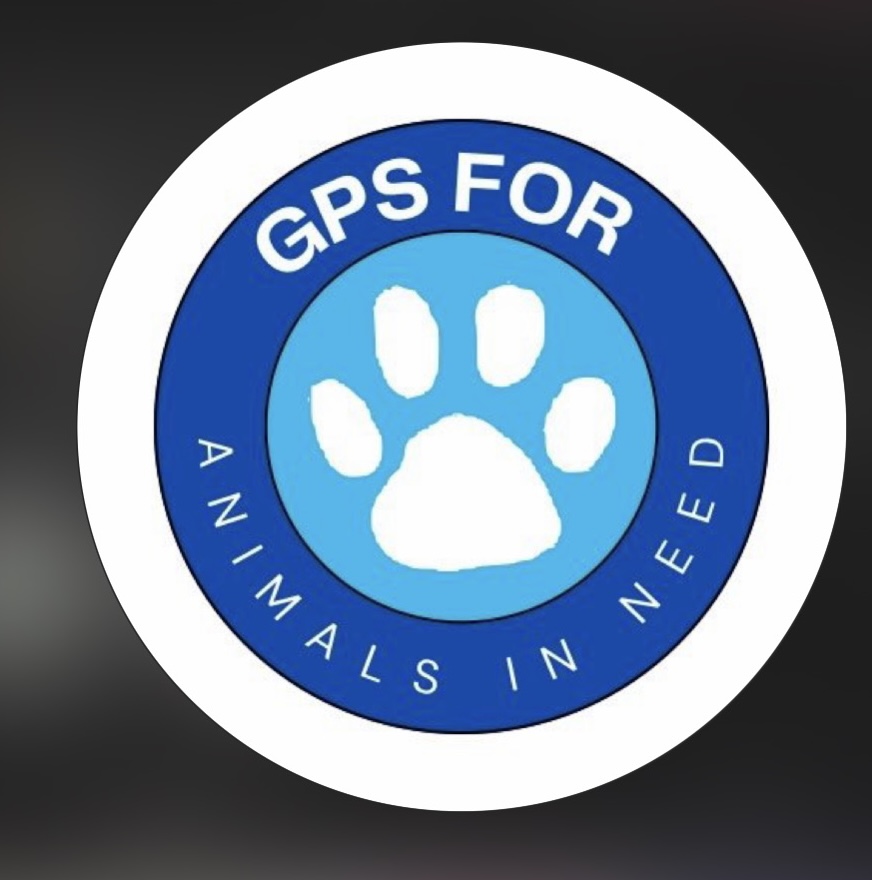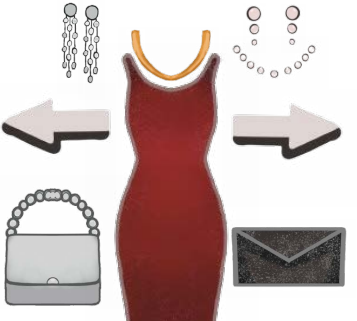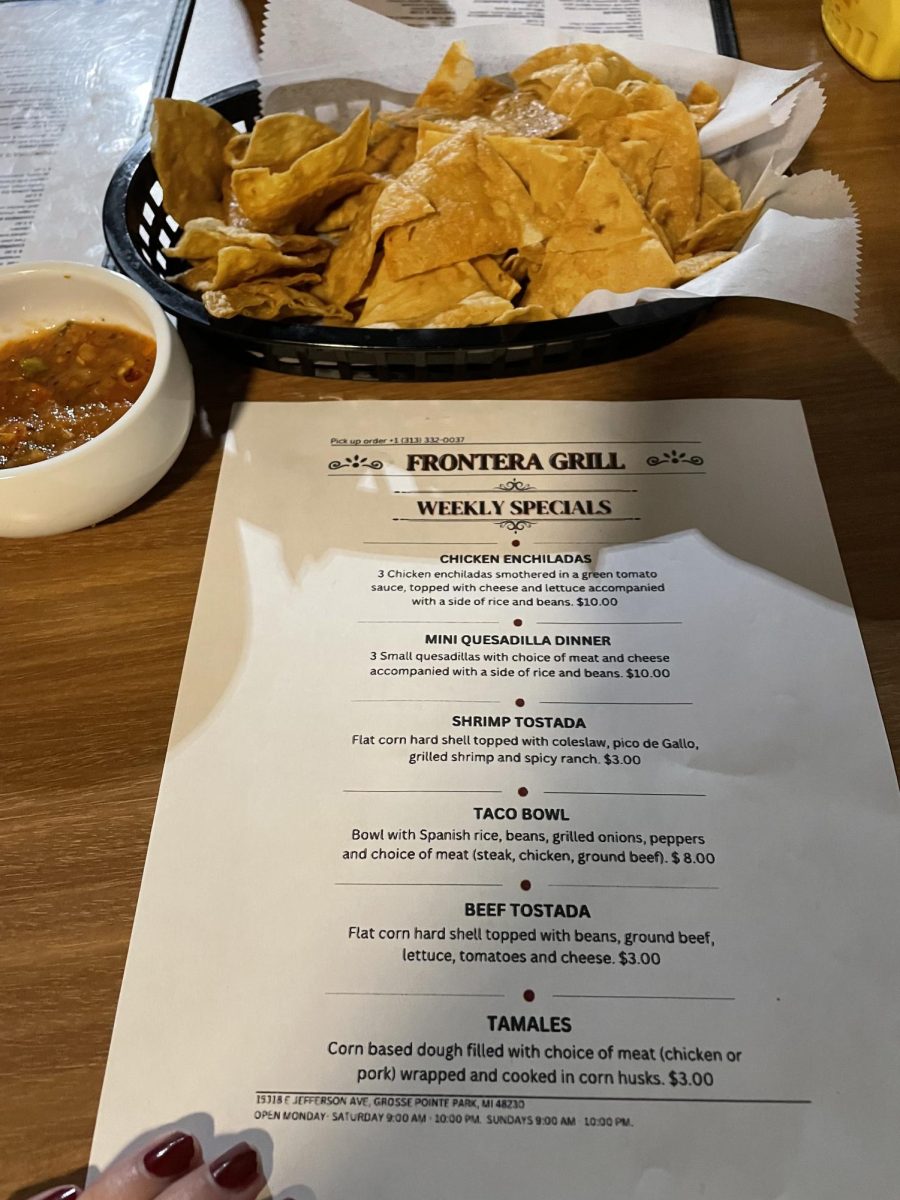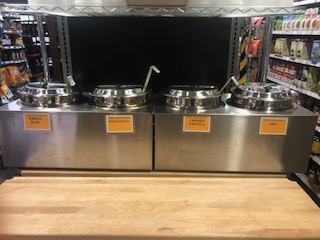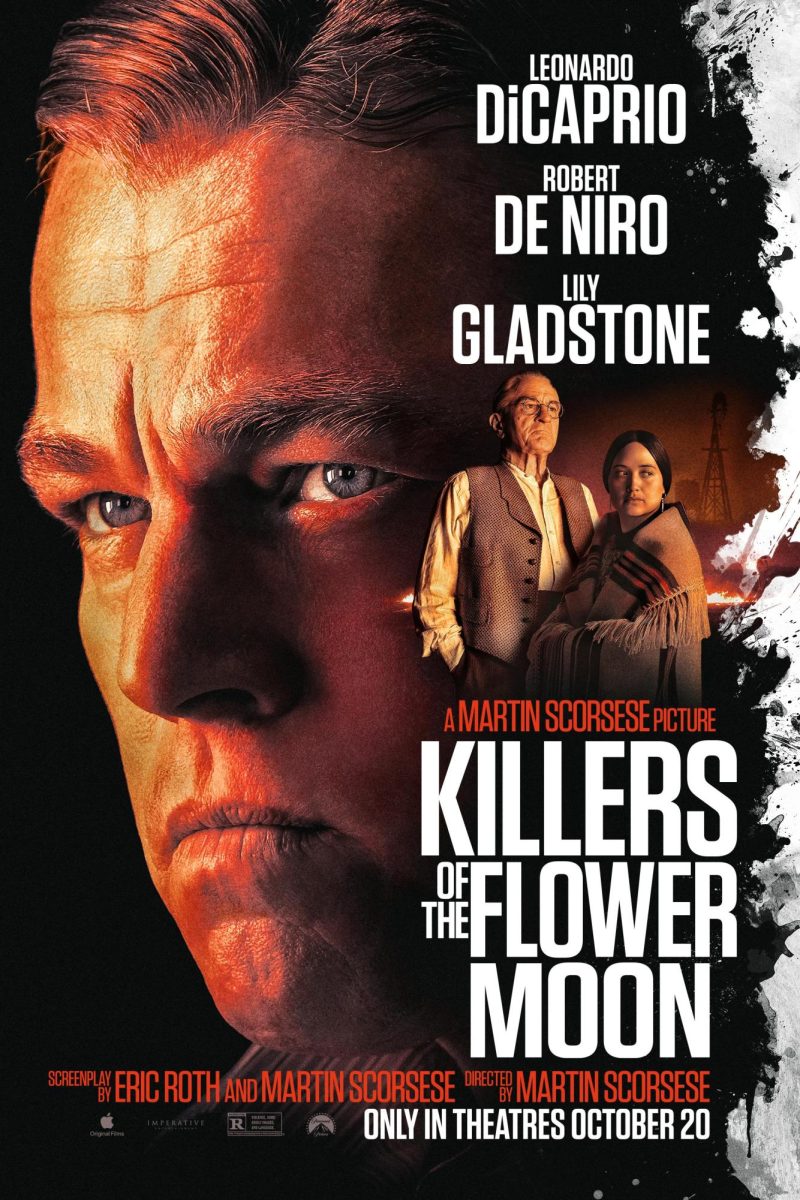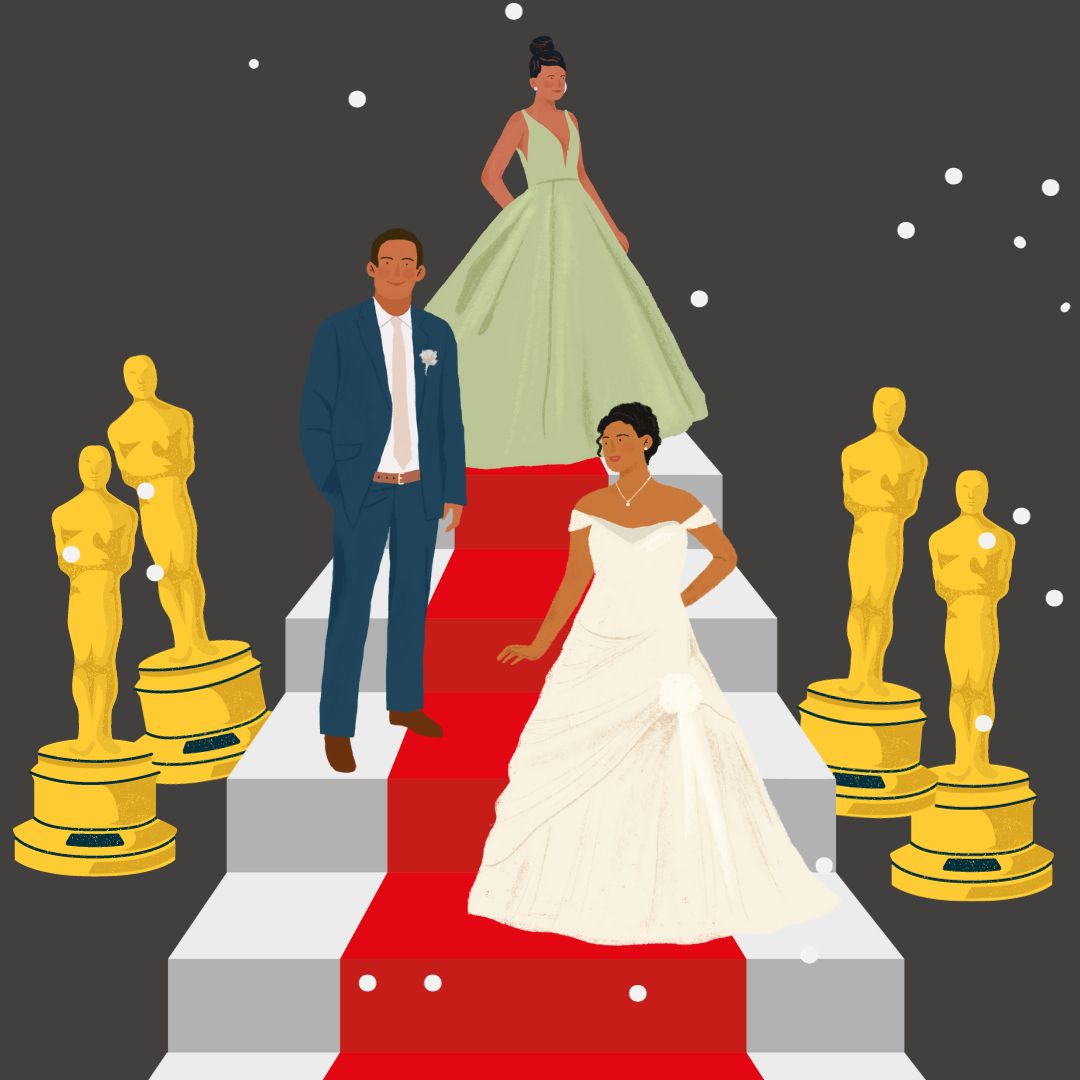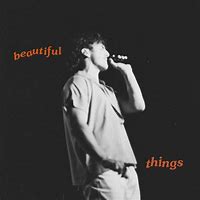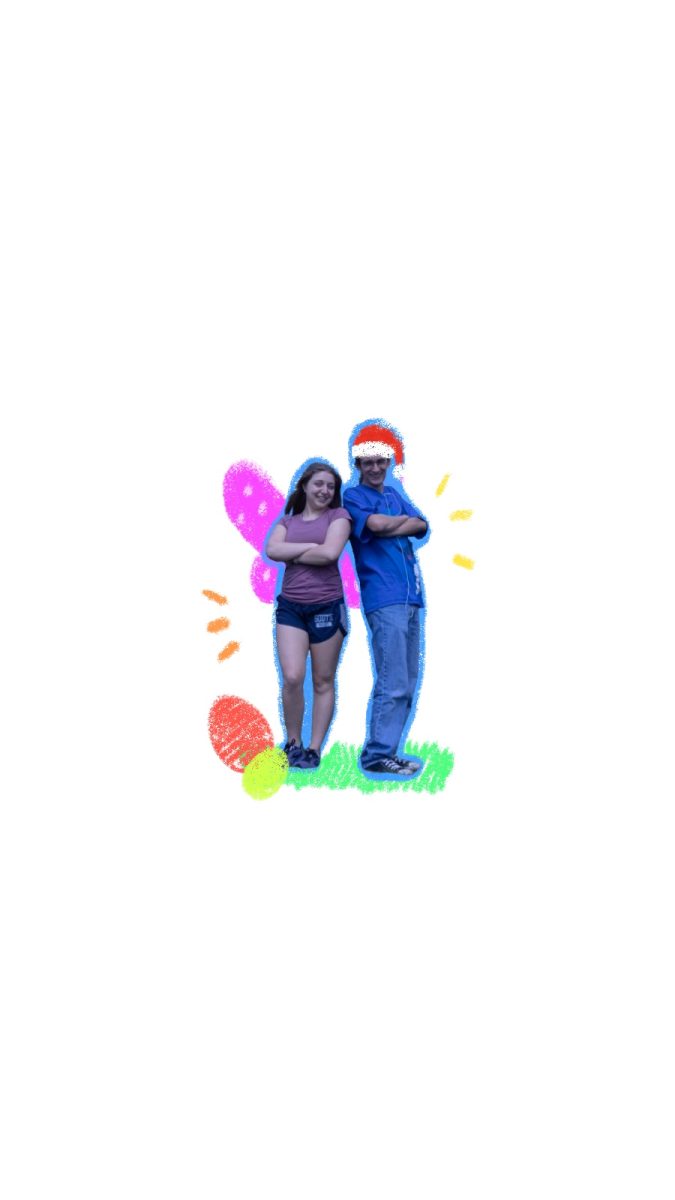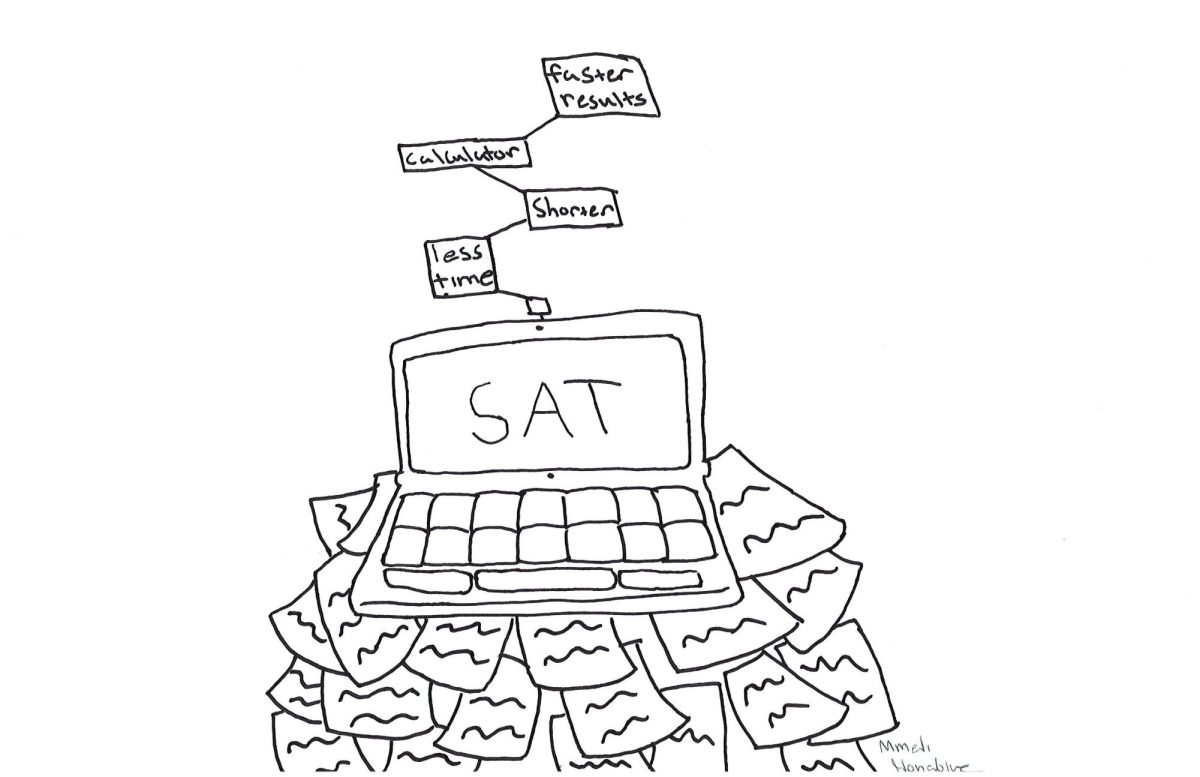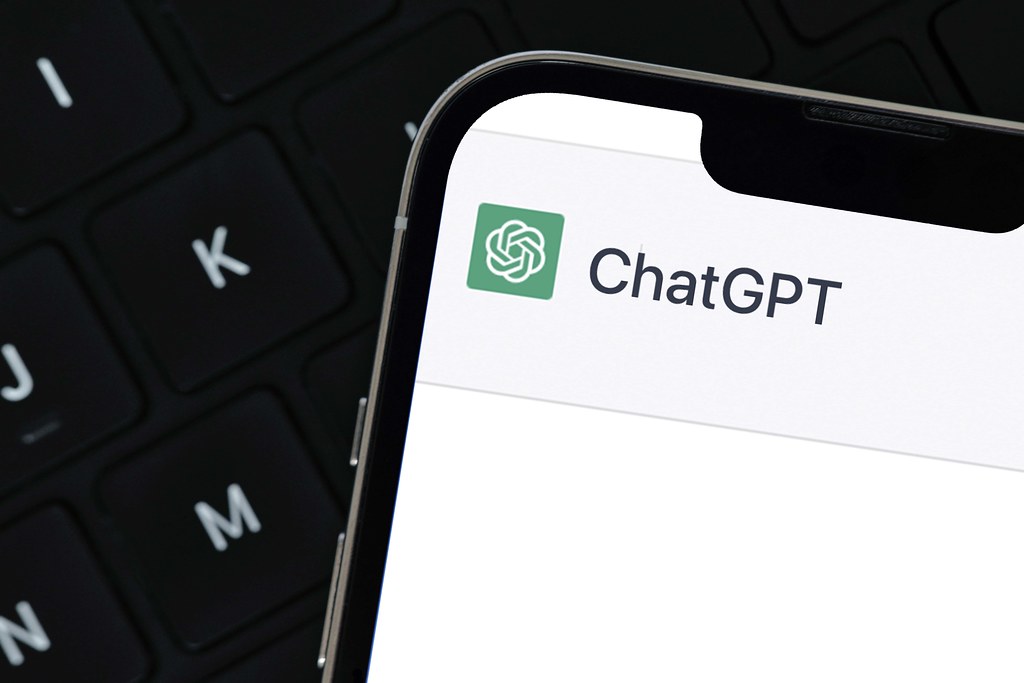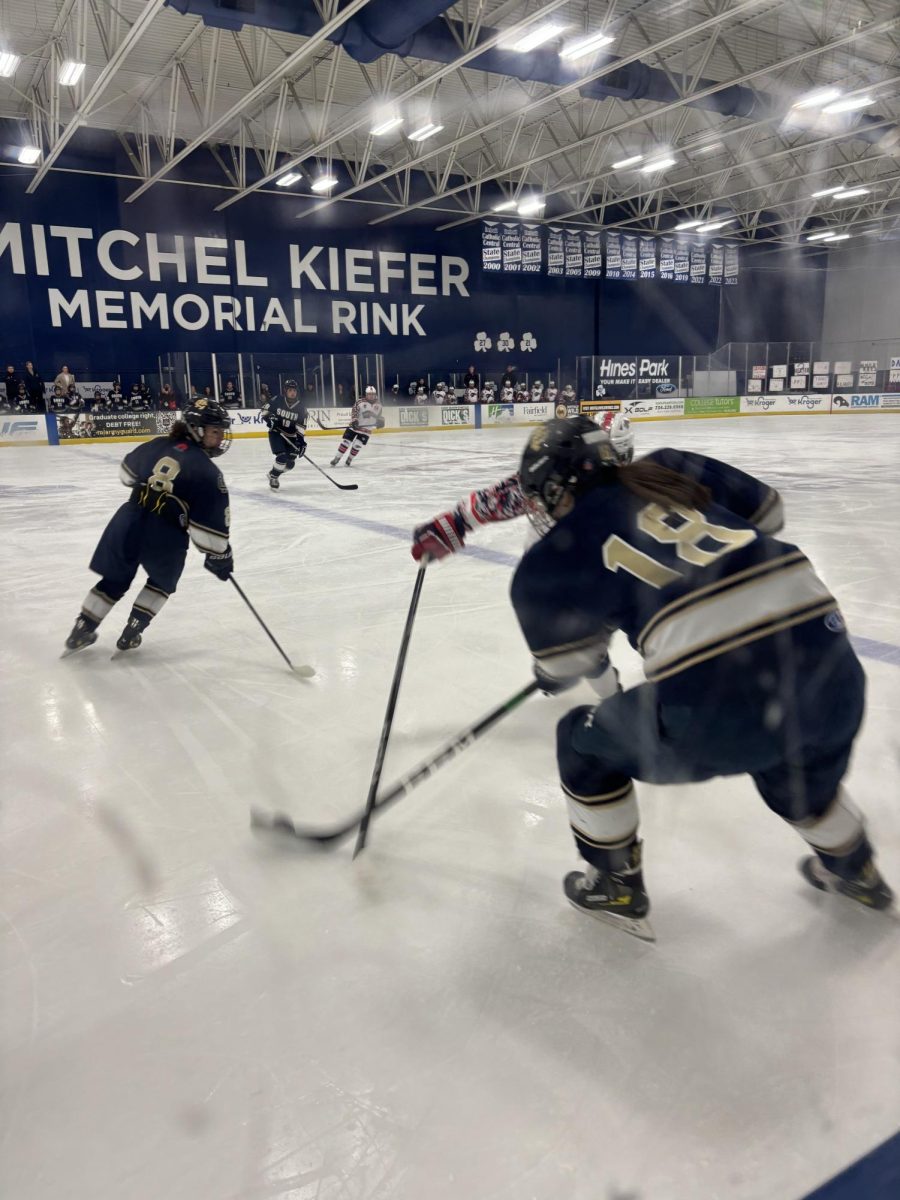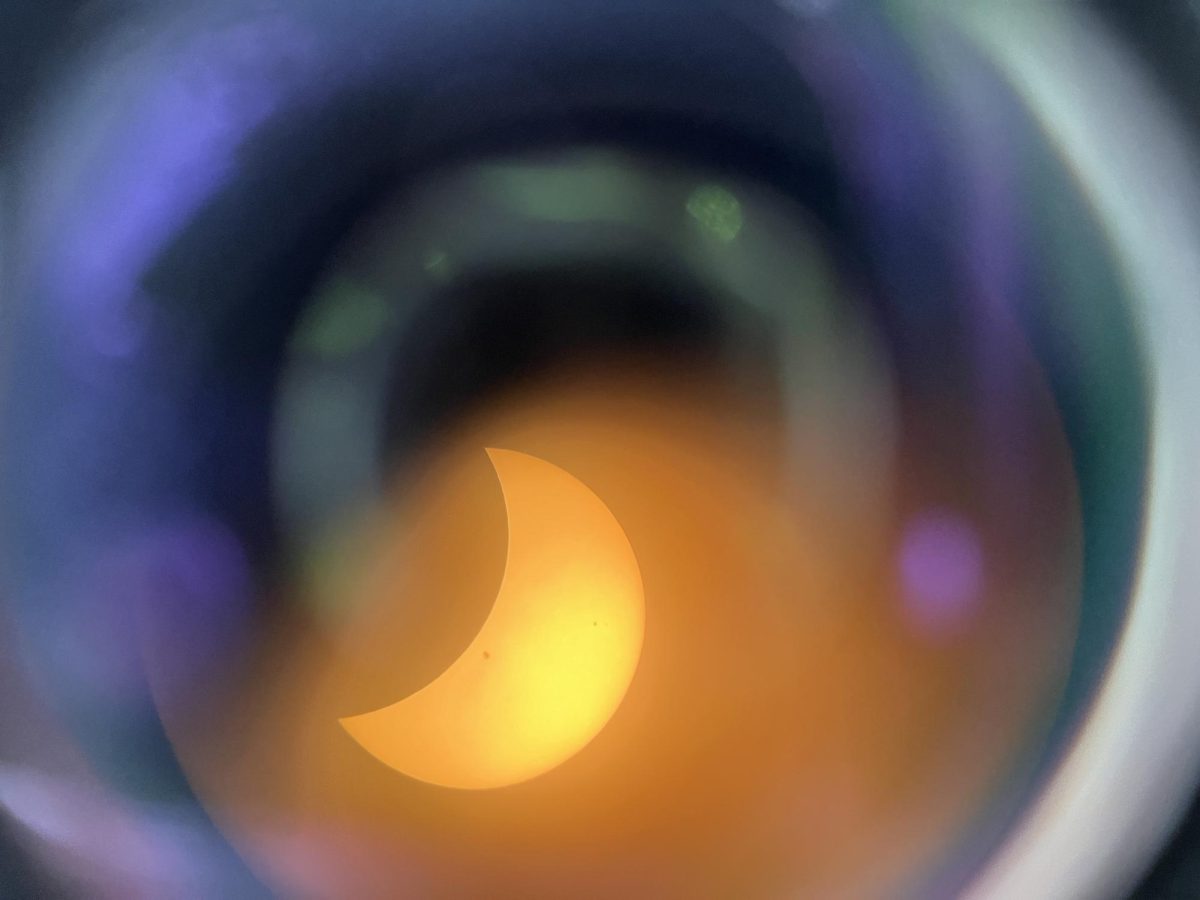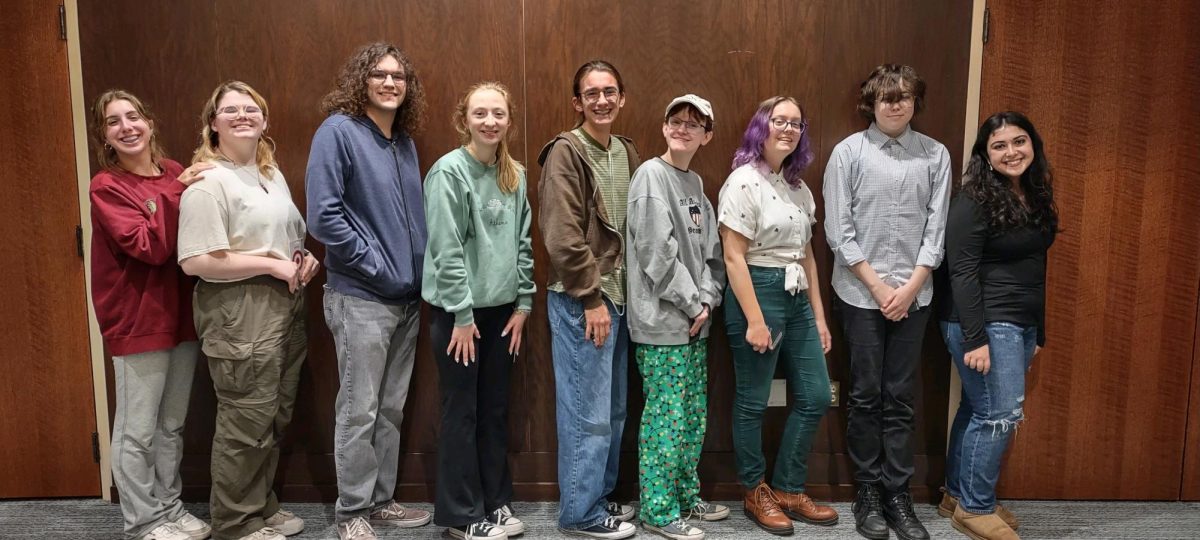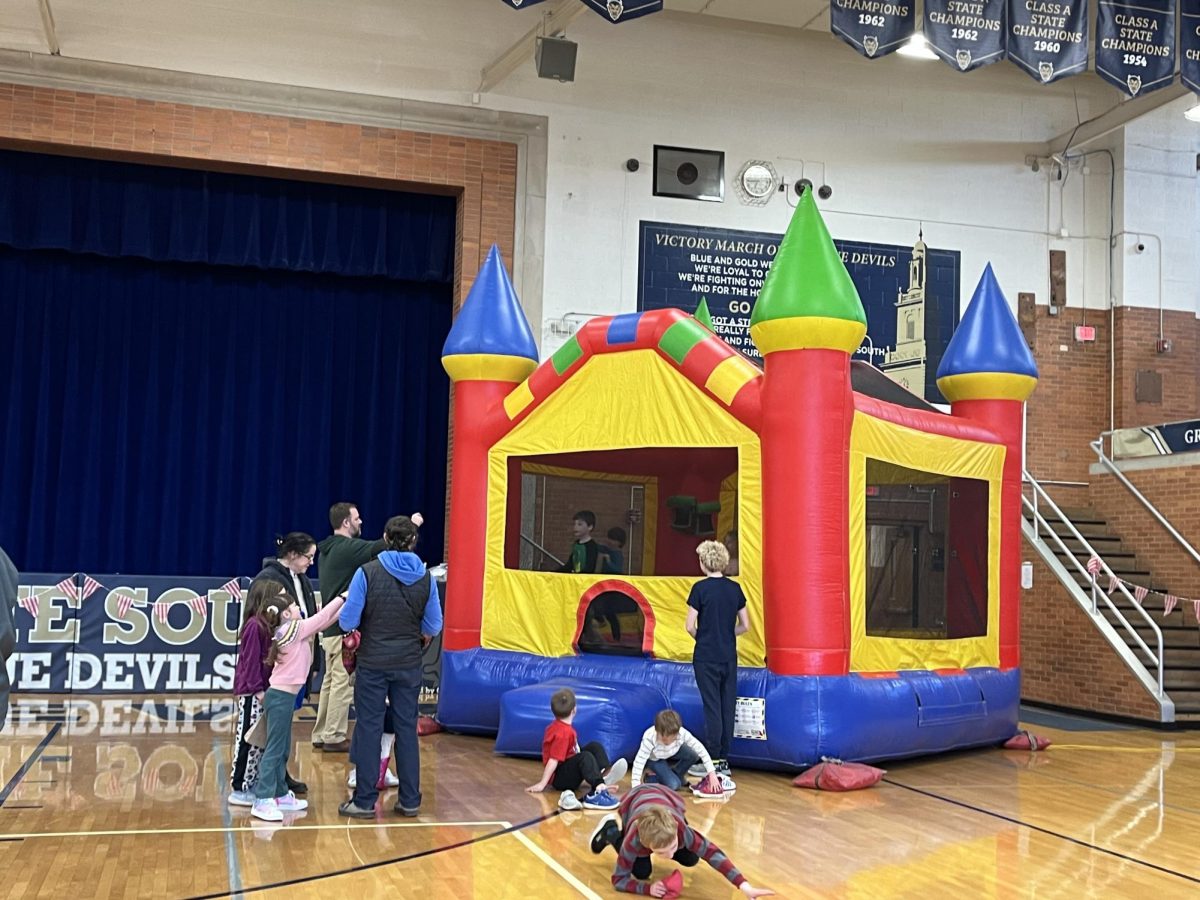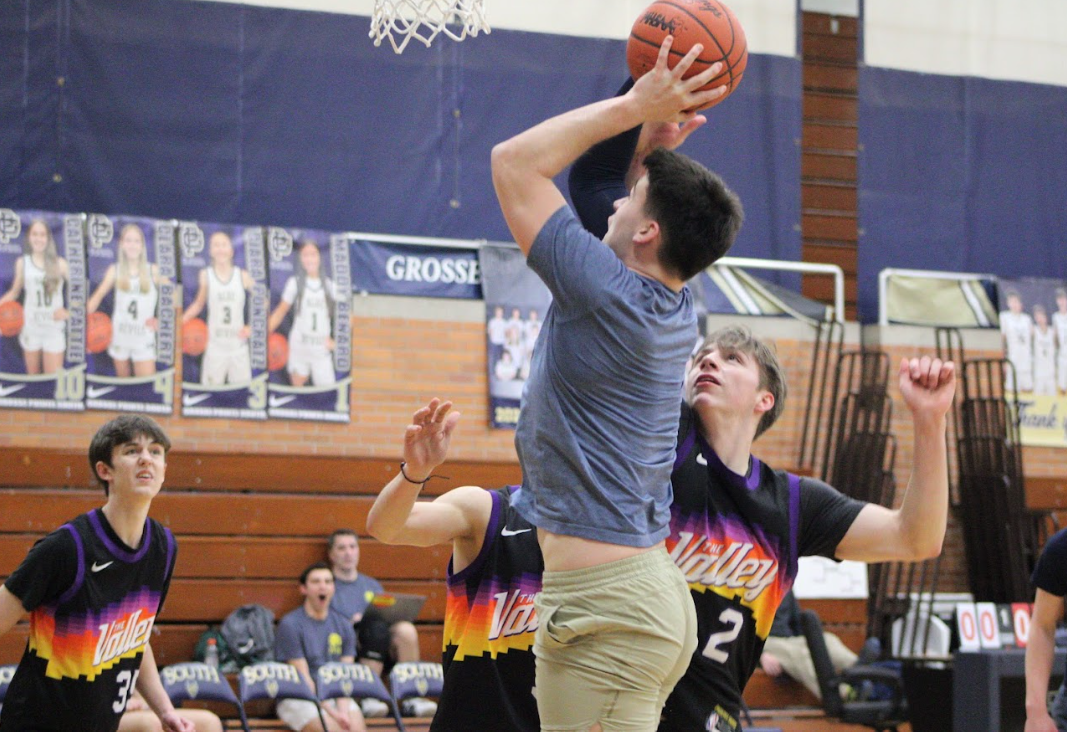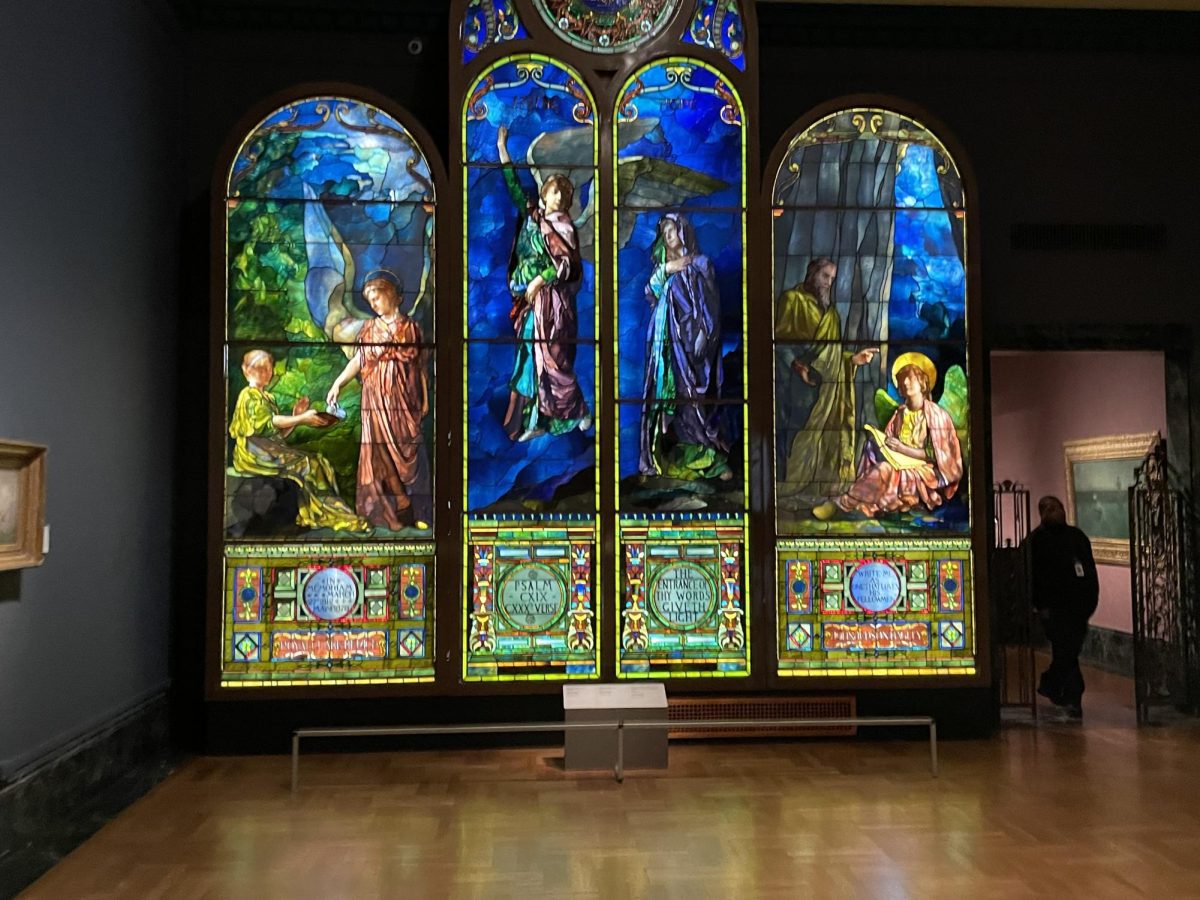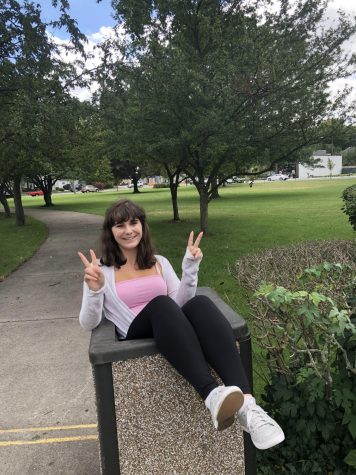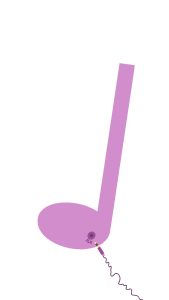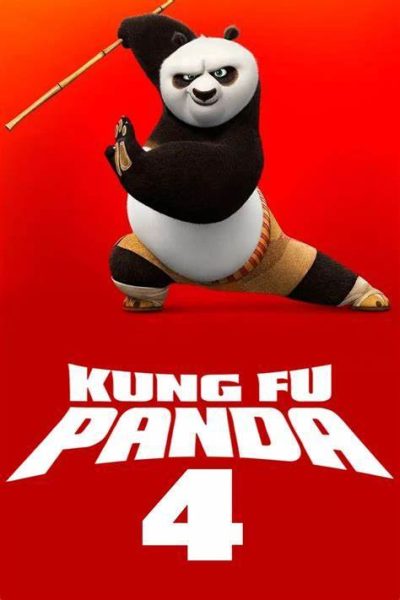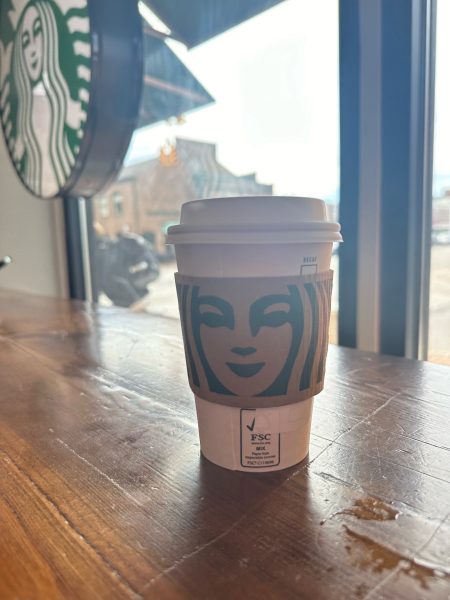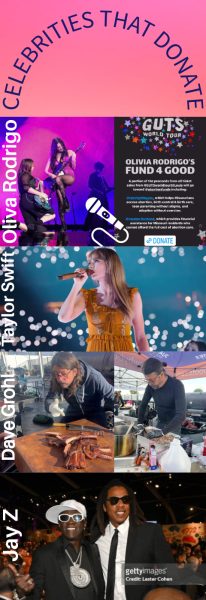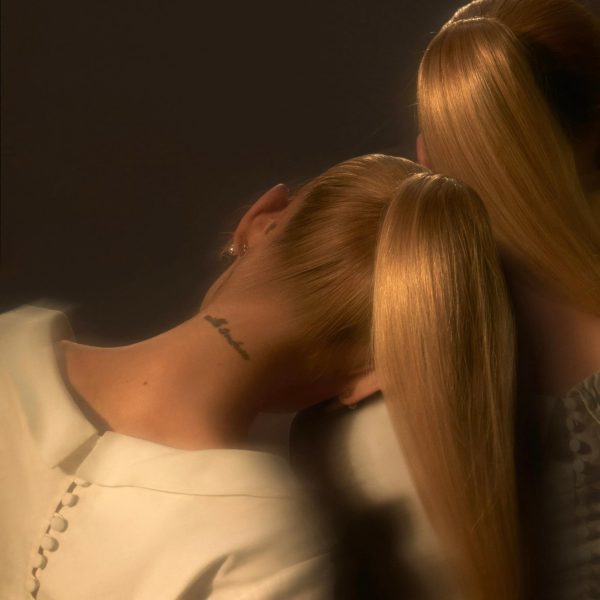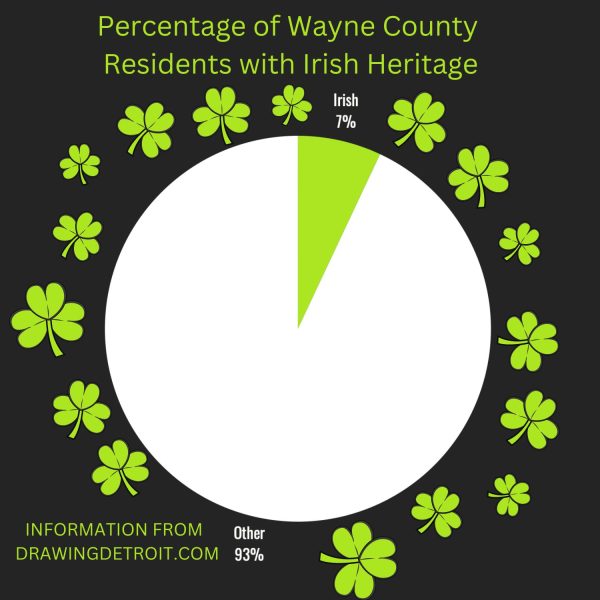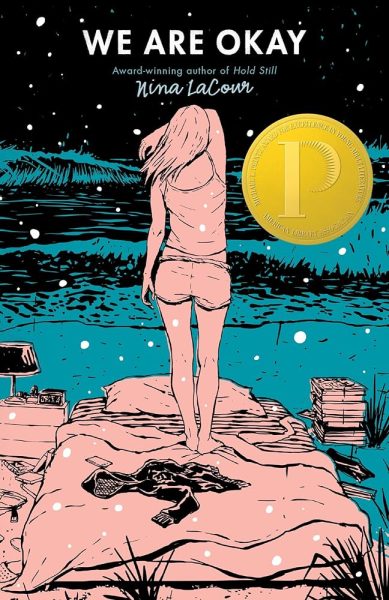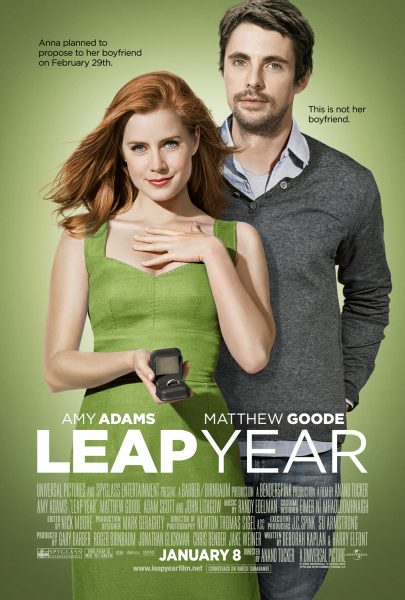2019 Year in review
January 11, 2020
The Klan – 8/10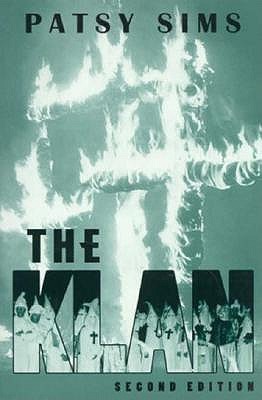
Written by Patsy Sims in 1978 with updates up until the 1990s, The Klan follows Sims as she travels around the country, primarily the South, interviewing Klan members and attending their events. Widely-known Klansmen appear in this book, such as David Duke, and they give their own insights into the Klan and their position in the country. The up-close nature into this extremist group is terrifying and overwhelming at times, but it’s an invaluable lesson for all Americans. Sims’ research reveals the longevity of Klansmen in the nation, and how the Klan’s structure works so that their influence stays alive. At a time when racial tensions seem to be growing in the United States with discussions around police brutality and terrorist attacks, I think this book serves as an important reminder of how racism still exists and how it operates. At times I wished Sims had gone deeper into the Klan’s scare tactics and communication efforts, but the book is still well-researched and insightful into the problem and how we can help fix it.
Hilter’s American Model – 6/10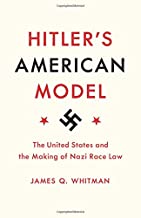
This short nonfiction works covers how America’s race laws, specifically the Jim Crow laws, influenced the Nazi’s Numenburg Laws against the Jewish people during World War II. Very meticulous in his research, James Q. Whitman explains the certain meetings, people and events that allow this connection to be drawn. While I appreciated the information regarding both the United States and Germany’s histories, despite its short length, this book was very repetitive. This became very irritating after the introduction, as many of the conclusions drawn by Whitman are rehashed again and again. I think history buffs would appreciate the information in this book, though I’d like it in a more concise package.
I Know Why The Caged Bird Sings – 10/10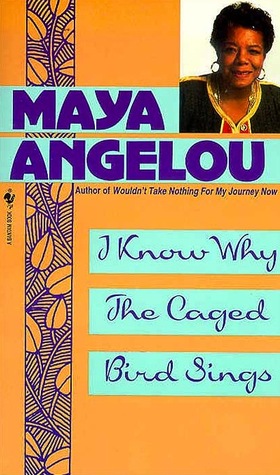
The first in her six-book volume of autobiographies, Maya Angelou’s memoir covers her childhood up until she’s 16 years old. This book is on many lists of the best nonfiction books ever, and mine as well. Her style is so unique for a nonfiction, as it uses fictional elements to make her truths and message even more enriching. Angelou recounts her past with incredible grace and detail, it’s impossible not to feel engrossed and afraid, while also soothed and inspired for change. This book will make you uncomfortable at times, as it deals with issues such as racism, rape and teen sex, but that is not a deterrant from reading this book. Angelou’s language and messages are priceless, and I believe everyone can find value, hope and meaning in her words.
Letter to My Daughter – 10/10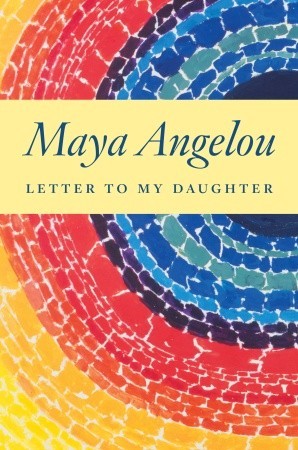
After reading I Know Why the Caged Bird Sings, I was eager to read another work by Maya Angelou, and Letter to My Daughter, a series of essays and poetry, is now one of my favorite books I’ve ever read. As usual, Angelou’s style and tone are both magnificent, but what sets this book apart is how personal it feels. Her direct address to ever girl and woman at the beginning is so loving and genuine, it makes each essay and its message all the more impactful. After reading it in March, I received this book as a Christmas present and I’m currently rereading. She writes on a large array of topics: honesty, cultural respect, racism, motherhood, careers, religion, friendship, independence, self-respect, etc. This is the kind of book I want to read again and again, reminding myself everything I can be and all I can do. I strongly recommend that everyone, not just women as the title suggests, should do the same.
1984 – 10/10
I decided to read George Orwell’s dystopian classic after my dystopian unit in my AP Language class. It follows Winston, a citizen of Oceania who lives under the oppressive government figure-headed by ‘Big Brother’. What made this book so compelling were the parallels between Winston’s world and that of present-day Americans: censorship, unending violence, constant violations of privacy and the impossible search for the truth. According to the New York Times, 1984 suddenly became a bestseller again in 2017. Aside from the parallels, Orwell’s writing style in fantastic. Never have I outwardly flinched and gasped while reading a novel. Both its thrilling story and disturbing truths give 1984 its incredible legacy.
Animal Farm – 9/10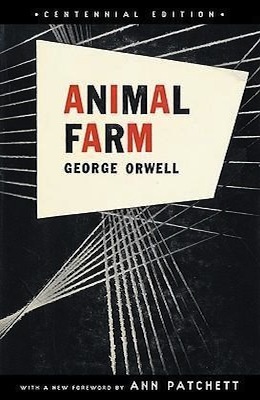
Another George Orwell classic, Animal Farm follows a similar story to 1984, though in a much shorter book. Still, Animal Farm delivers the same thrill and message as its counterpart. The story takes place on a farm where the animals have run-out the humans and form their own government. What at first seems like a utopia quickly gives way to conflict between the animals. What was most gripping for me was the dramatic irony in the story. Knowing the truth behind the animals’ hardships when they themselves don’t know was both exciting and terribly disturbing. I prefer 1984 just because of how much longer it is, but if you’re short on time and desire the same message, this is a perfect alternative.
We Should All Be Feminists – 8/10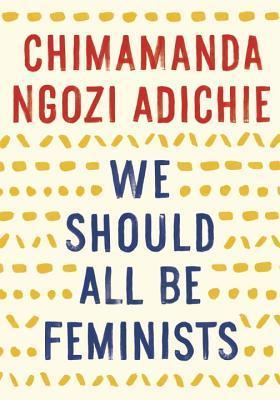
This short book was adapted from a TEDTalk given by Chimamanda Ngozi Adichie, who explains misconceptions about feminism and what it means to her. She describes the negative way it was described to her by men in Nigeria: it means you hate men, you hate bras, you hate your culture, you’re mean and you can’t find a husband. Adichie argues against this, and explains feminism is necessary for the happiness of both women and men. I loved her use of personal anecdotes and humor in conveying her powerful message. As a feminist myself, a lot of these ideas weren’t new to me when I read it, but that doesn’t mean the book wasn’t valuable. Hearing about how feminism is perceived in a different part of the world helped me expand my ideology and gain a more worldly view of feminism, which I believe is essential for me if I’m supporting this movement. We Should All Be Feminists is a short and easy read, but fewer words doesn’t lessen Adichie’s impact on her readers.
Without You, There Is No Us – 10/10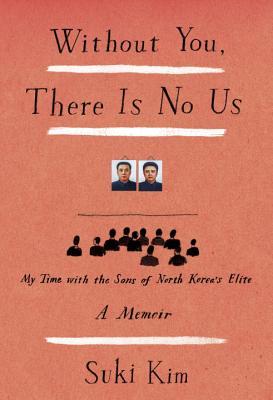
This chilling memoir by Suki Kim follows her time teaching the sons of the North Korean elite during the final months of Kim Jong-Il’s rule. Kim faked being a christian missionary in order to get a teaching position at Pyongyang University of Science and Technology (PUST), the only university that stayed open in North Korea during this time. Even though this is a memoir, it reads like a dystopian novel; Kim had to balance teaching English with hiding her notes and recordings for her book from the government and teaching staff. I find Kim’s work inspiration for all journalists. She does a fantastic job of balancing the terrifying parts of North Korea with the meaningful relationships she builds with her students. Her writing is hypnotizing, genuine and as insightful as one could be when dealing with one of the most secretive nations on Earth.
Soldier, Nurse and Spy of the Union Army – 7/10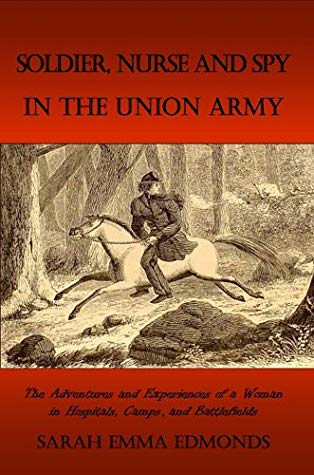
Sarah Emma Edmonds is, I believe, one of America’s most unrecognized heroes. Born in Canada in 1841, she ran away from home to escape her abusive father and pending forced marriage, began dressing as a man to get by in Michigan selling books and enlisted in the Union Army under the alias Franklin Thompson. Her memoir follows her time serving as all things mentioned in the title, my favorite being a spy behind Confederate lines. Though the battle-language and general dialect of the time can be confusing and boring at times, it’s incredible to hear a first-person account of the Civil War and major battles that took place, including the Battles of Bull Run. I often think women are unrepresented in history teachings, so learning about a feminist hero straight from the source was inspiring.
The Feminine Mystique – 8/10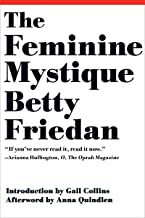
The Feminine Mystique is a well-known, groundbreaking book for feminism. Written by Betty Friedan in 1963, The Feminine Mystique discusses ‘the problem that has no name’, which includes women’s boredom and dissatisfaction across the United States. She cites problems in education, family life, household responsibilities and the workforce as reasons behind women’s strife. Ultimately, Friedan describes a new wave of feminism that focuses on women being more than housewives and enjoying a life outside of the home in addition to their families. I loved how much research Friedan did into the education system at this time, in which a young girl’s education often focused on teaching them to be wives. It helped show me how much education has improved and feel more empowered in my plans for the future. She also brings up great points about how happiness is more holistic than just loving your family. Having responsibilities and purpose in the workforce and other areas can actually help improve family life, as well as a woman’s overall satisfaction. Despite these positive qualities, the book did have its issues, specifically moments of homophobia including anti-lesbian sentiments.
Orange is the New Black – 8/10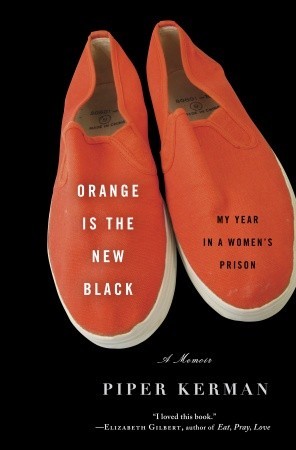
Piper Kerman’s memoir Orange is the New Black inspired the popular Netflix series with the same title. I wasn’t aware of this until finding the book at my local library. I really like the TV show, but the original book impressed me even more. The memoir really only aligns with the first season and, as one can already guess, is much less dramatic. Nevertheless, Kerman’s journey throughout the incarceration system is heartbreaking and eye-opening to problems within this system. Her writing style also fits the topic very well; she conveys her internal and external struggles excellently, while also injecting humor at times to take away from the upsetting topic. You can appreciate this book both for its storytelling and awareness on problems that I believe go unrecognized by most Americans.
The Eating Instinct – 8/10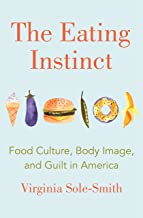
After dealing with her newborn’s multiple heart surgeries and resulting fear of eating, Virgina Sole-Smith travelled around the country, talking with a variety of sources in order to explore the toxic food culture in America. To simply that Smith’s theory, she believes modern expectations about eating healthy aren’t able to be achieved by all citizens and that these standards hurt everyone, making us feel ashamed of our eating choices and constantly strive for perfection. Initially, I read this book hoping to gain more body confidence and comfort in my eating. This did happen somewhat, but what actually stood out to me more at the end was not how I just feel about food, but how language around food matters. When so many American families struggle with just getting a meal on the table, expectations of eating organic, high-priced produce aren’t realistic. The wealthy and upper-middle class preaching about good eating is almost oppressive to the less fortunate in this way. Though this book wasn’t what I was expecting it to be, it provided a great new perspective on this issue I didn’t notice before.
The Death of Truth: Notes on Falsehood in the Age of Trump – 6/10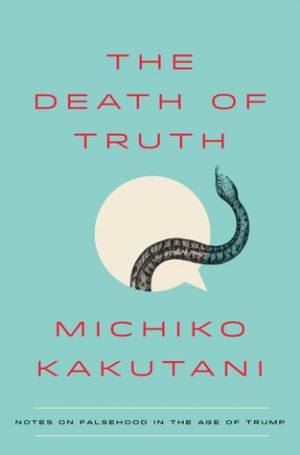
In The Death of Truth, Michiko Kakutani, Pultizer prize winner and former chief book critic for The New York Times, discusses events in our history and literature that have led to our current crisis over determining objective truth. As the title suggests, she harshly criticizes the president and his administration. To best sum her views on Trump, I’ll add that she referred to him as “a larger-than-life, over-the-top avatar of narcissism, mendacity, ignorance, prejudice, boorishness, demagoguery, and tyrannical impulses.” Despite her good points, the lack of balance in the book makes me skeptical of her message. Her points against Trump are good, but like an article, the coverage should be fair. She doesn’t show Trump and his supporters’ side of the issue, which makes the book overall feel less credible and more of a rant.
When They Call You a Terrorist – 9/10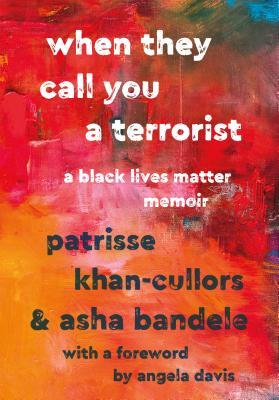
Patrisse Khan-Cullors, one of the three founders of Black Lives Matter, wrote this memoir about her experiences growing up black in America and the problems she and her family faced, particularly with the incarceration system. This book was enlighting and engaging, teaching me about issues I’d never considered so deeply before. Th dual focus on racism and prison system, with evident ties between the two, is controversial, emotional and incredibly moving. I’m glad I can now put not just a face behind Black Lives Matter, but an entire family, legacy and history as well. The Black Lives Matter movement has sparked debate throughout the nation through years, and I highly encourage those on both sides of the matter to read and learn from the creator herself.
The Flipside of Feminism – 2/10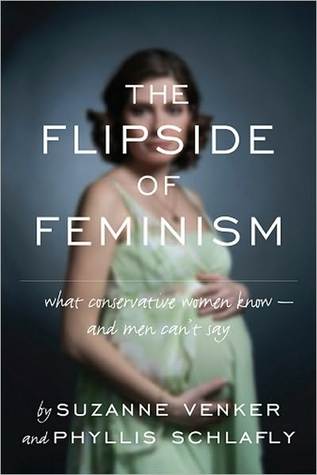
In this book, Phyllis Schlafy, a self-proclaimed key opponent of the Equal Rights Amendment, and Suzanne Venker, her niece, argue that feminism has done nothing for Americans, and has actually made our lives worse. I call myself a feminist, but wanted to hear from the other side of the matter. Unfortunately, I picked the wrong book to do that; this alt-right, white-washing, misogynistic and flat-out historically inaccurate book is the most horrific thing I’ve ever read. I can’t say everything that made this book the atrocity it is, but I will list the few I found most disturbing; that women weren’t oppressed in the 1950s, despite the fact this was before the passing of the Civil Rights Act of 1964; that men cannot handle their wives having higher paychecks then them, and so women shouldn’t take jobs that would let this happen; that antidepressants are for the lazy and whiny, and that the husband’s career should be prioritized over his wife’s. Despite these issues, I still gave it two stars because I believe it’s important to understand that people with such twisted ideas still exist and perhaps always will. We shouldn’t shut out books like this, but rather read them and learn to argue against them.
Women and Power – 4/10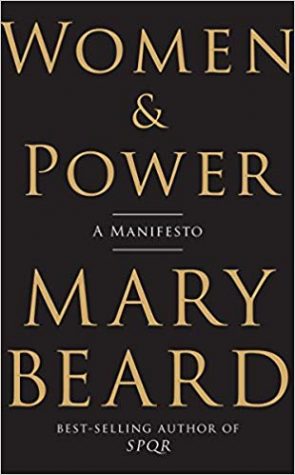
Women and Power by Mary Beard focuses on how women have been removed from power throughout history. She cites a variety of literature, all the way back to Homer’s The Odyssey to demonstrate how this idea is fixed into our culture. I agree with Beard’s sentiment that women often aren’t pictured as readers, but the book lacks the research to back her claim. She spends a great deal on time focuses on Penelope’s treatment in The Odyssey and how her power as queen is undermined by the men around her. I like this example, but it takes up too much of the book. I wish she had provided modern examples of the same phenomenon to show how this issue is still prevalent. Even worse, she fails to provide a solution to this problem. It’s good to recognize the issue, but without offering a means of fixing it, her argument is stale and irrelevant.


